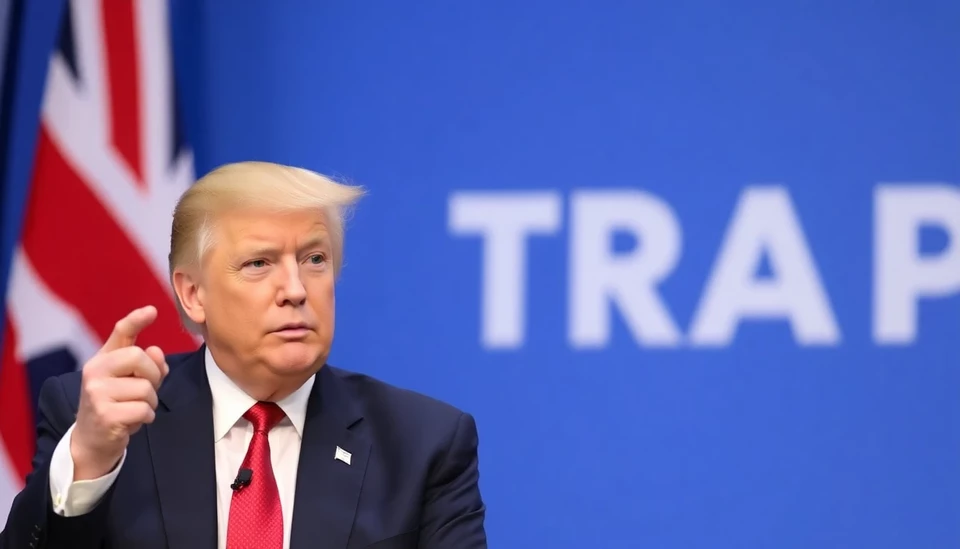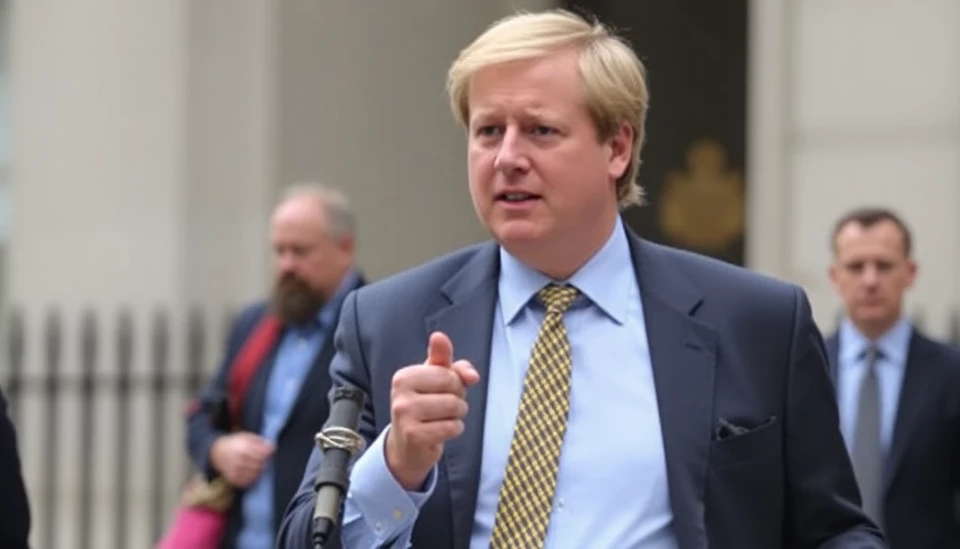
In an unexpected move that has raised eyebrows among political commentators and allied nations, UK Labour leader Keir Starmer is intensifying efforts to foster closer ties with China. This shift comes at a time when other global partners, such as the United States and members of the European Union, are reevaluating their relationships with Beijing amidst growing tensions and concerns about human rights violations and geopolitical ambitions.
Starmer's approach contrasts sharply with the prevailing sentiment in Western politics, where many leaders are taking a more cautionary stance towards China. The Labour leader argues that enhancing cooperation with one of the world’s largest economies could provide significant economic benefits to the UK. He emphasizes that constructing a pragmatic relationship with China could facilitate trade, investment, and partnerships in tackling global issues like climate change and security challenges.
In recent statements, Starmer has been vocal about the necessity to move beyond the “politics of fear” that has characterized discussions about China in the UK. Instead of adopting a confrontational stance, he advocates for engagement and collaboration. Starmer has voiced the need for the UK to remain competitive on the world stage and highlighted that alienating a major economic player would not be in the national interest.
The Labour Party under Starmer's leadership is presenting a vision of economic revitalization, positioning closer Chinese ties as a means to boost trade relations and secure investments crucial for post-pandemic recovery. His proposed policy shift includes the establishment of a dedicated trade and investment strategy with China, aimed at creating jobs and fostering innovation across various industries in the UK.
However, Starmer's China policy has not come without criticism. Opponents within Parliament, as well as human rights organizations, have raised concerns about the ethical implications of strengthening ties with a nation criticized for its record on human rights, particularly regarding the treatment of Uighur Muslims and civil liberties in Hong Kong. Critics argue that any economic benefits derived from closer relations could come at the cost of moral integrity and would tarnish the UK's international standing.
As global dynamics shift, Starmer's moves reflect a broader trend of nations reconsidering their foreign relations. While some allies pull back from engagement with Beijing, the Labour leader's initiative could redefine the UK’s positioning in a landscape increasingly characterized by rivalry between powers. His strategy could mark a significant departure from the more cautious approaches adopted by previous administrations.
As the conversation around foreign policy continues to evolve, all eyes will be on Starmer to see how he navigates this complex terrain. Will he be able to balance economic pragmatism with ethical considerations? The upcoming months will be crucial in determining the success of his strategic pivot towards China.
With the UK facing numerous challenges at home and abroad, Starmer's potential new direction could set the tone for the Labour Party’s future political capital, influencing both domestic and foreign policy as they prepare for the next general election.
As Starmer lays out his vision, the conversations and debates surrounding UK-China relations will be paramount to understanding the future of British politics and international diplomacy.
While the outcome of this initiative remains uncertain, one thing is clear: the Labour leader is ready to reshape the narrative around China, even as traditional alliances appear to fracture.
#KeirStarmer #UKChinaRelations #LabourParty #ForeignPolicy #UKPolitics #GlobalTrade #HumanRights #EconomicStrategy #InternationalRelations
Author: Daniel Foster




